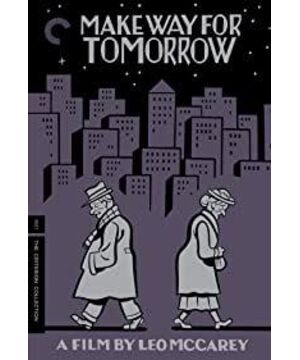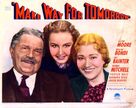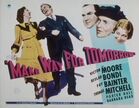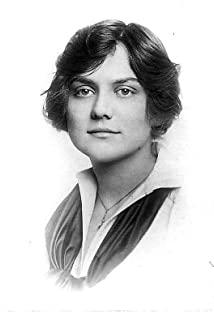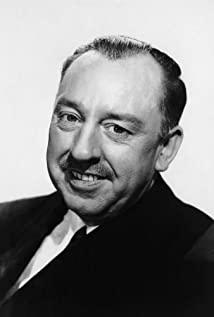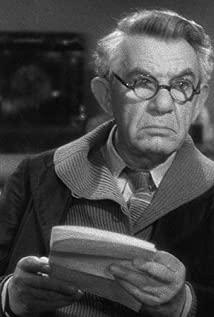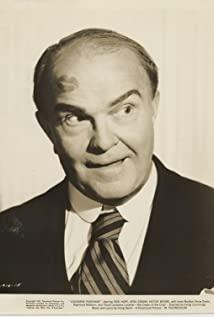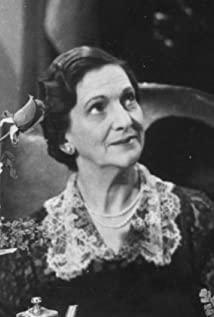I had no intention of writing a film review, but unfortunately the short review seems to have a larger word limit for English (or English is naturally not as concise as Chinese); I want to write down the most moving part of the film.
Grandma told her granddaughter that Grandpa has a plan, and if it can be realized, everything will be fine. The 17-year-old girl, at the age when she is most brutally blunt and thinks about what to say, tells the truth: "Grandpa is too old, no one will hire him. Why don't you face the reality?" Not sad, matter-of-factly said: 17-year-old your reality is prom, party, blah, blah, blah, blah, and I'm 70, and I don't care about prom or party anymore, the only fun left Probably just pretending that there is no reality to face. The girl was sad, "I didn't mean to..." She really didn't understand, it was the first time she was frightened by the "reality" of life. Why can't grandma face the reality? She knows it too well, but she still has to walk on in reality. If you don't want to despair, weave some hope for yourself.
Somehow, this reminded me of the most moving line in "Tokyo Story". After the funeral, the younger daughter was angry at the indifference of her older brother and sister to her parents, and was moved by the warmth of her second brother's widowed sister-in-law, who comforted her, Don't be angry, the younger daughter said "Second sister-in-law, you are not like them...", Hara Setsuko replied with a smile that seemed to be always tearful, "Me too, despite myself". Despite myself, this quote hits my heart. Life is what makes us more and more, have to, do those things that we were originally unwilling or disdain to do, despite ourselves.
When I was young, I was black and white, and it was easy to be angry and criticized; but as time passed, I realized that, as both films are well portrayed, everyone has difficulties, and although they do not do well, they are not conscienceless. When I was young, I liked to copy from east to west, and copied this sentence "The so-called maturity is to experience all kinds of disappointments in life". Because when you are young, you are always idealistic, and life itself is really helpless, so you will be disappointed, disappointed, and disappointed, to others, to society, to life, and to yourself.
Make Way For Tomorrow, as the comments in the tidbits said, is not sympathy or condemnation, but a deep understanding that the director is considerate of the situation of people and people in society, and shows it to the audience in a relatively restrained and reserved way. Look.
Another thing that moved me very much was my grandfather's friend of the same age, the shop owner, who shared the old man's thoughts with his grandfather, helped the grandfather who had broken his glasses to read his grandma's letter and finally couldn't read the old man's letter, and shouted urgently. Looking at his wife, he called out his busy wife, the chubby old lady with her unkempt head and her hands tied, thinking that something was wrong, but the shop owner's grandfather just smiled and said, "I just want to see you, I just want to see you. I'm calling you (subtext: listen to your promise)"; of course, she was scolded by his wife, and the shopkeeper's grandfather looked at her with such a loving smile and contentment. (Fade out...)
OMG, this is such a brilliant director and screenwriter, whoever says that Hollywood movies are shallow, I'll take this episode to slap TA's face. Grandpa and grandma wished to help each other and the situation of the elderly who could not get it. The owner and grandpa felt the same way. While feeling sad for his friends, he was especially grateful for the small relative happiness that he and his wife accompany. The audience listened to grandma's letter, and their hearts also sank, but the director did not continue to feel the pain, but gave a little warmth. In a movie that can "see a stone and cry", this smiling and humorous short clip made me, who is not a stone, cry. Because of the warmth and humor, I wanted to laugh along, but I realized the weight of the tears contained in the smile more and more.
Although it is an old old movie, I personally think that the use of its film language is very skilled. Several shots in the metropolis have clear intentions and appropriate effects—in a society that is advancing rapidly, people are being chased and chased. Keeping pace with the times" If you don't advance, you will be in danger, so what about the old people who can't get up soon? The background of the prosperous city gives the audience an unspeakable sense of desolation. Especially a panning from a high-rise building to the central park, from the speed of the camera to the beat of the music, the rhythm is obviously slowed down, and within a second, the picture says a lot.
If I'm nitpicky, I'd have a slight problem with the "Last Five Hours" scene: it was a little too much, could have been more concise, and not so much underscored by the inadequacy of film compositing nearly 80 years ago - the background on a walk , too obviously "posted". However, the director himself has just lost his father, and he has not seen the last time, and he has a very good relationship with his mother. In the movie, before the sad ending, it is understandable to immerse in the almost surreal warmth created for a while.
View more about Make Way for Tomorrow reviews


